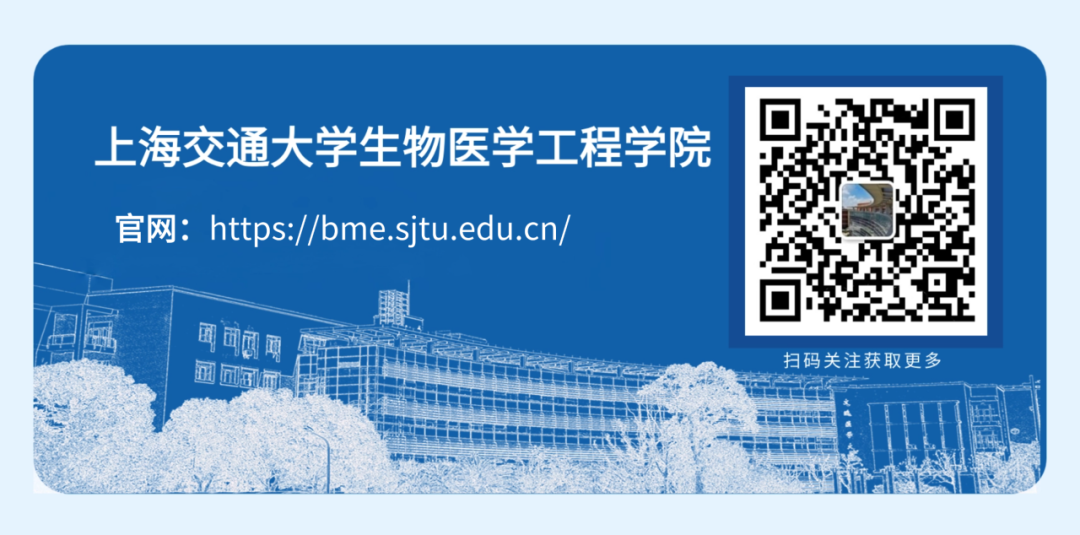


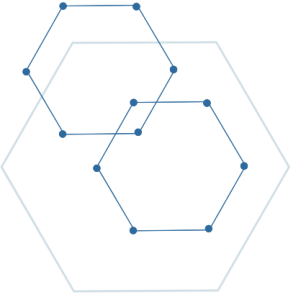
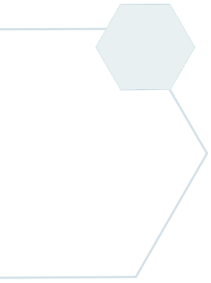
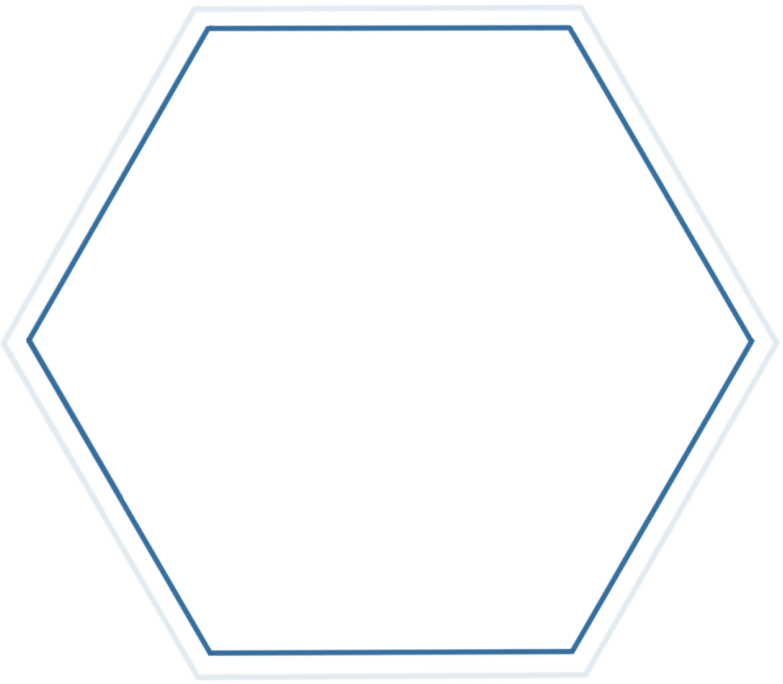
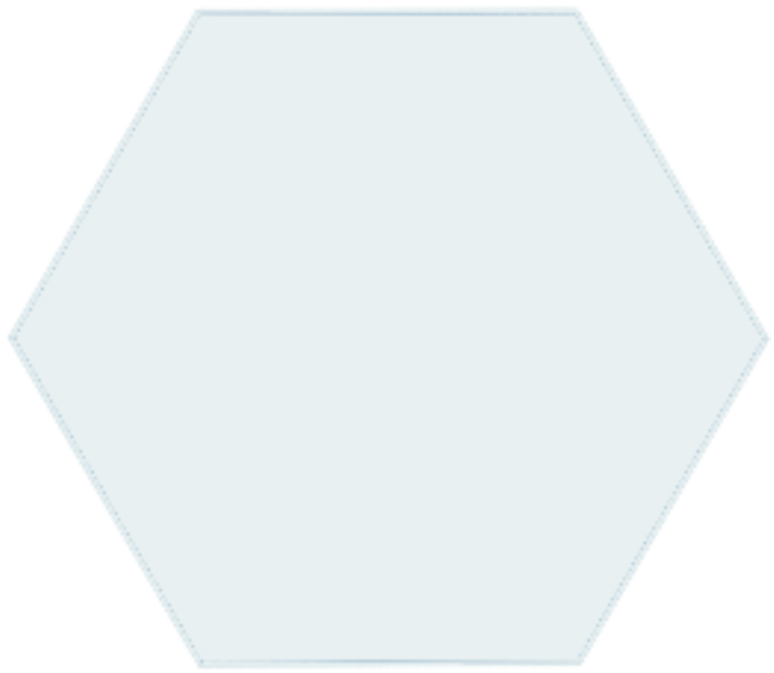
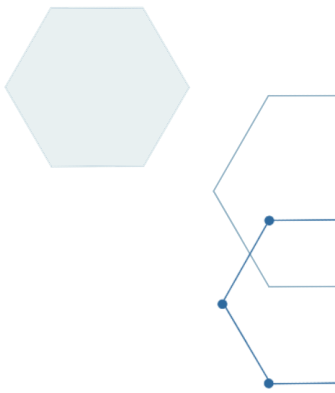

2025
Innovation Training Camp
From January 8 to 10, 2025, and on January 20, the “Innovation Training Camp” for outstanding innovative talent at Shanghai Jiao Tong University – Qingpu Senior High School was successfully held at the Xuhui Campus of Shanghai Jiao Tong University. On the morning of the 8th, Zhu Chunling, Deputy Secretary of the School of Biomedical Engineering at Shanghai Jiao Tong University, Liu Yikun, Deputy Director of the Basic Education Office, and faculty representatives Tang Yaohui, Yang Jianlong, and Hu Haibo met with Principal Jiang Weiyong and his team from Qingpu Senior High School. All participants attended the opening ceremony in the third teaching building of the Xuhui Campus.
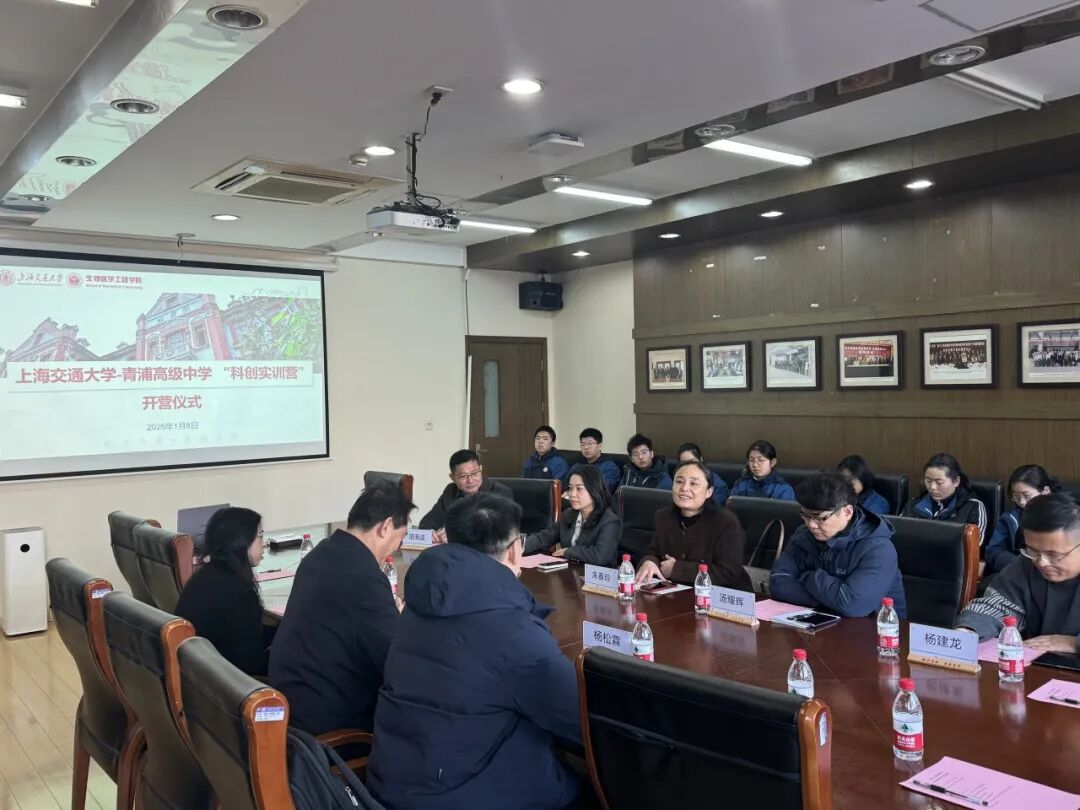
After the opening ceremony, students went to the Red Sun Square for a group photo.
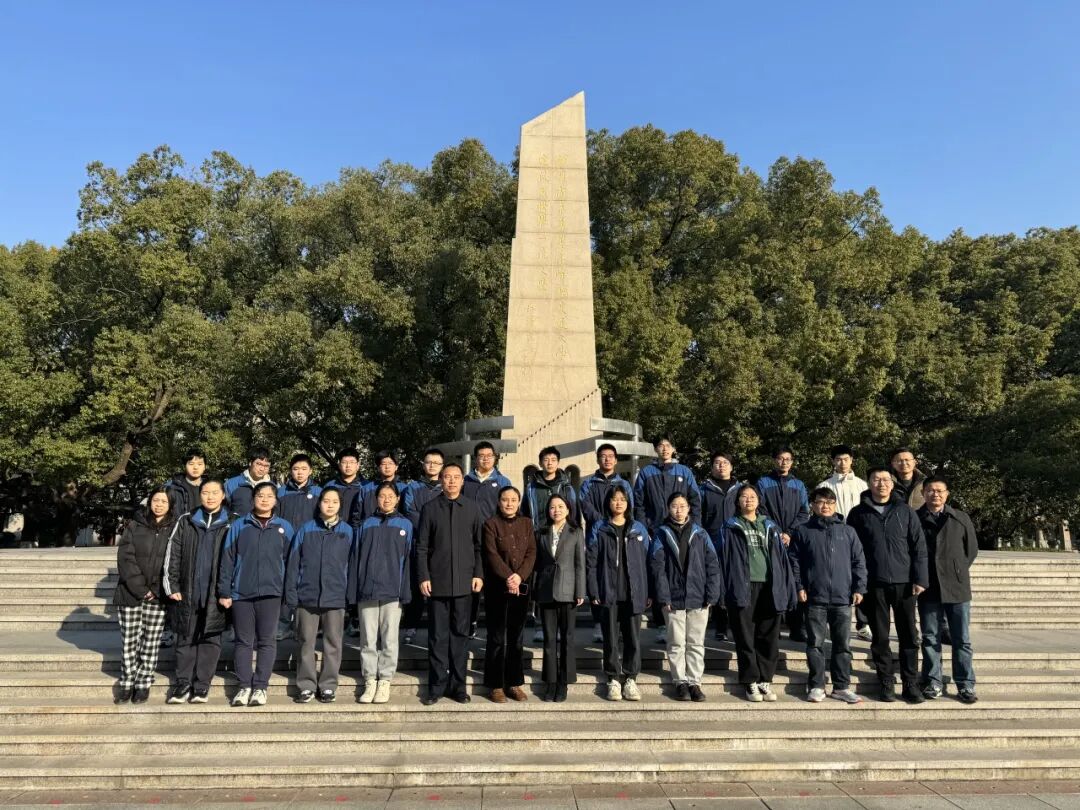
This “Innovation Training Camp” prepared a rich curriculum and practical activities for the students of Qingpu Senior High School. The academic theory and practical research courses were divided into three main themes: “Exploring Diseases”, “Intelligent Biological Chips”, and “Intelligent Medical Electronic Information”. Leveraging the first-class innovation platform and faculty resources of the School of Biomedical Engineering, the camp aimed to popularize high-quality education in the fields of science, technology, engineering, and mathematics, cultivating innovative talents with comprehensive abilities capable of solving practical problems.
The “Exploring Diseases” course used cell and animal models as the foundation for exploring disease mechanisms and developing diagnostic and therapeutic methods. The practical camp for “Exploring Diseases” was carefully planned into three parts: principle inspiration, experimental operation, and data analysis. In the principle inspiration phase, Teacher Tang Yaohui helped students familiarize themselves with the mechanisms and types of strokes, deepening their understanding of the physiological changes associated with strokes. In the experimental operation phase, students engaged in hands-on activities including animal model preparation, behavioral observation, dissection, and tissue section preparation and fluorescence imaging, while also conducting cell model experiments. Finally, in the data analysis phase, students collaborated in groups to complete research reports, transforming experimental data into results.
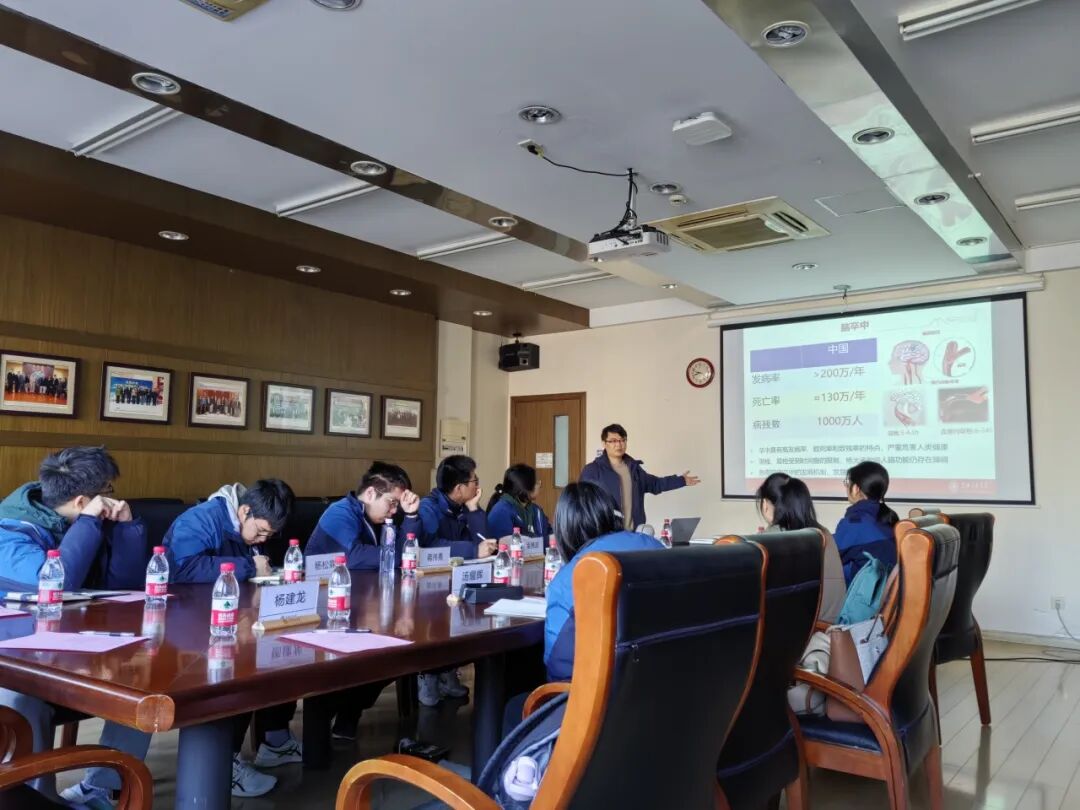
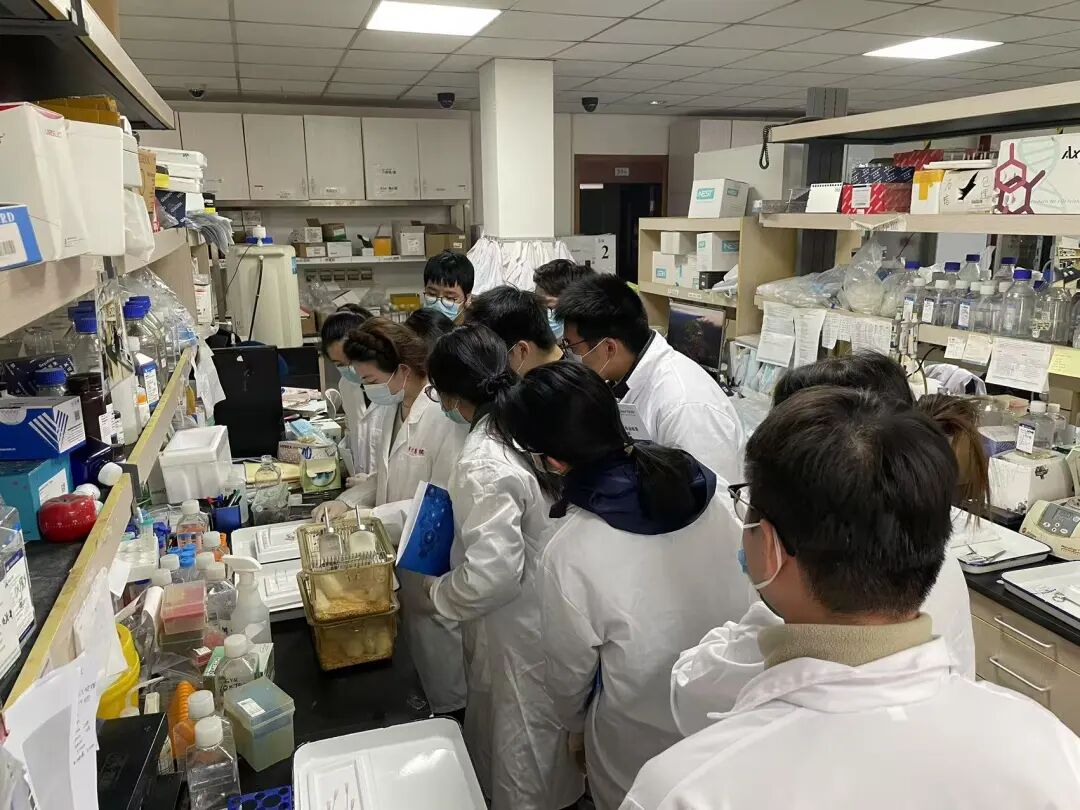
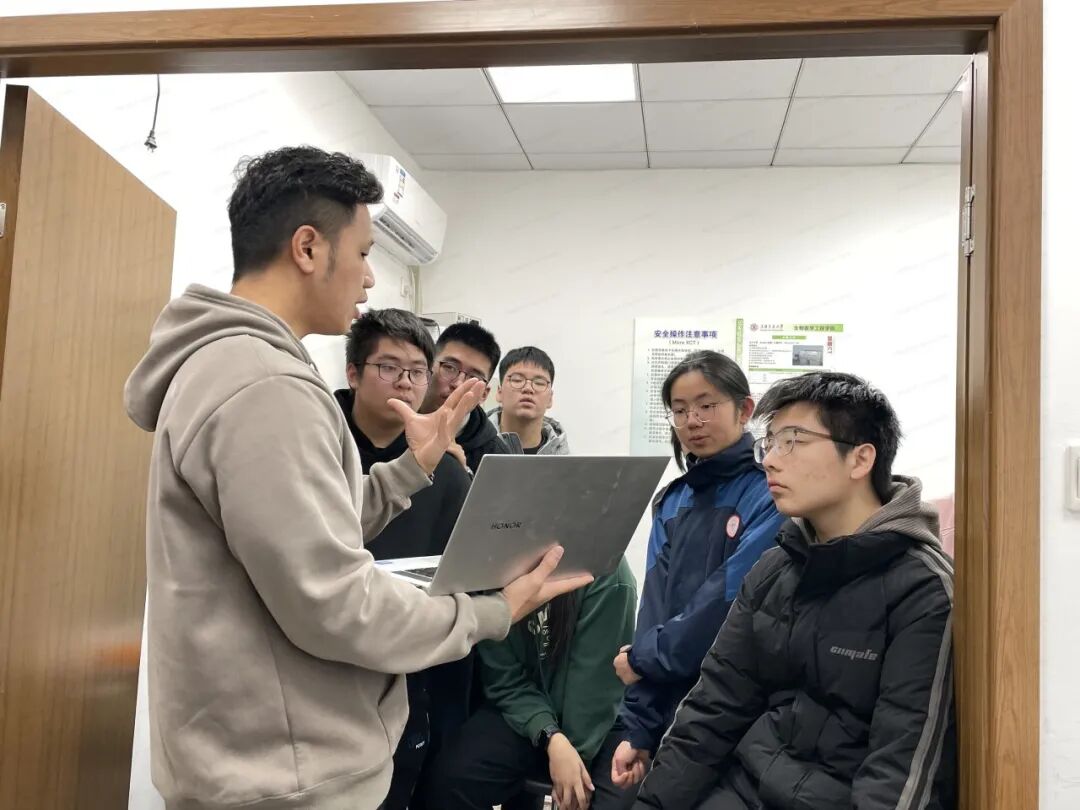
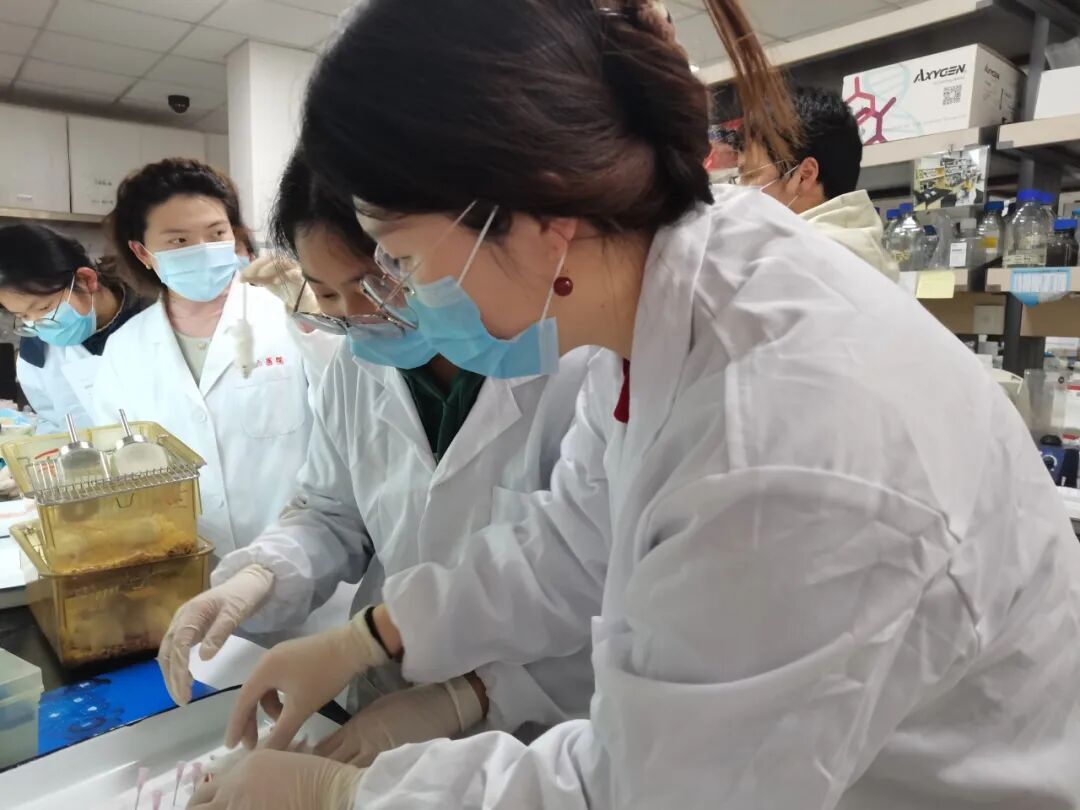
The “Intelligent Biological Chips” practical camp conducted a series of practical projects focusing on biological chip technology and its applications. By closely integrating theoretical courses with practical operations, it helped students gain deep insights into the principles of molecular diagnostics, current applications, and future development trends. During the practical camp, Teacher Yang Jianlong carefully taught students the process of preparing biological chips, instructing them on how to correctly use the chips and accurately interpret the data generated by the chips to assist in diagnosing specific diseases or issues. Students actively participated in the experiments and research of biological chips, exploring the mysteries of science through hands-on operations.
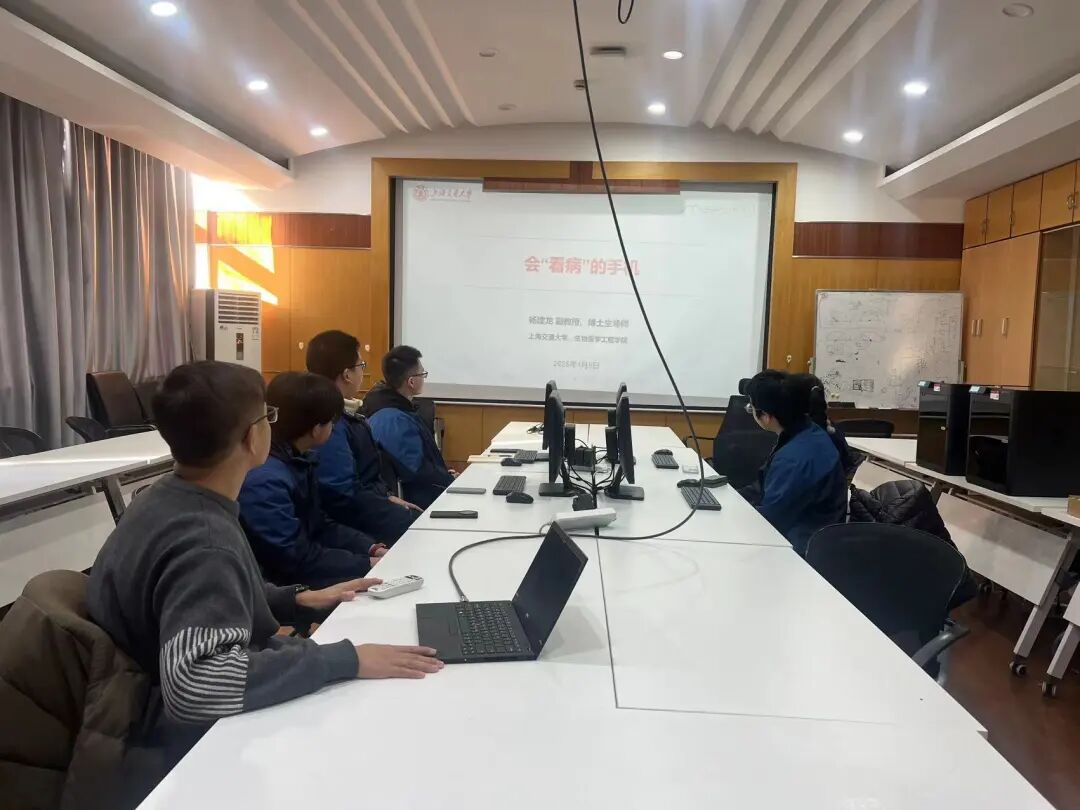
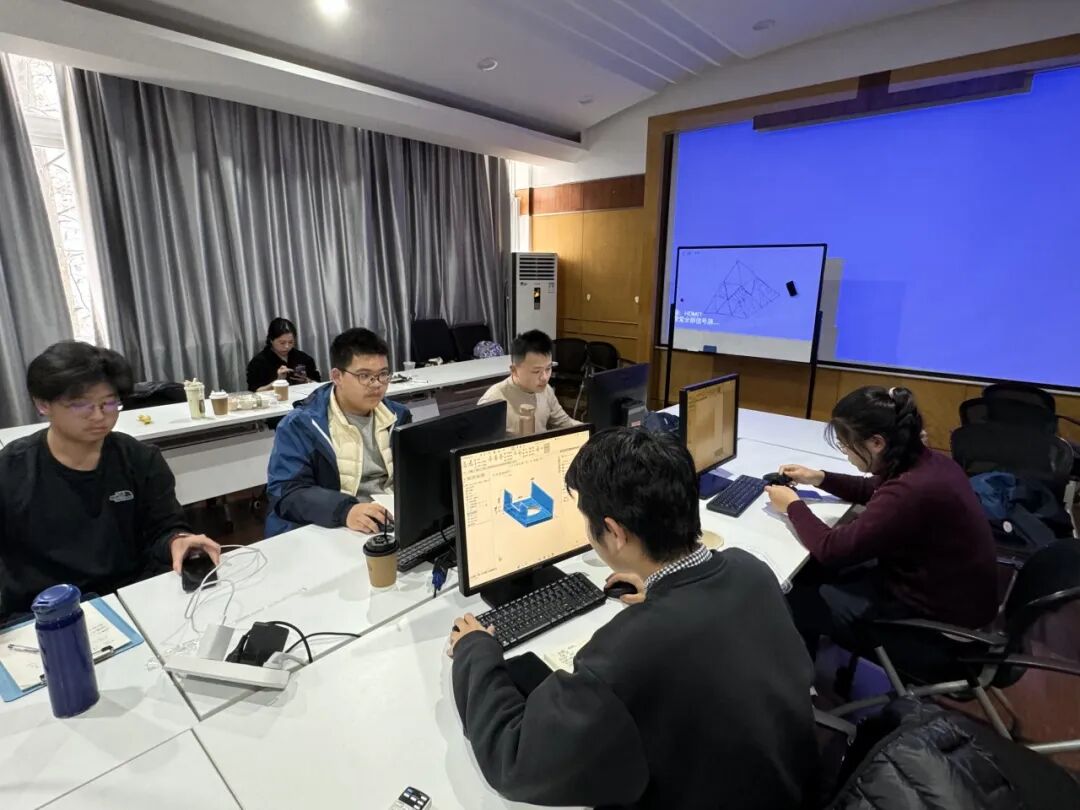
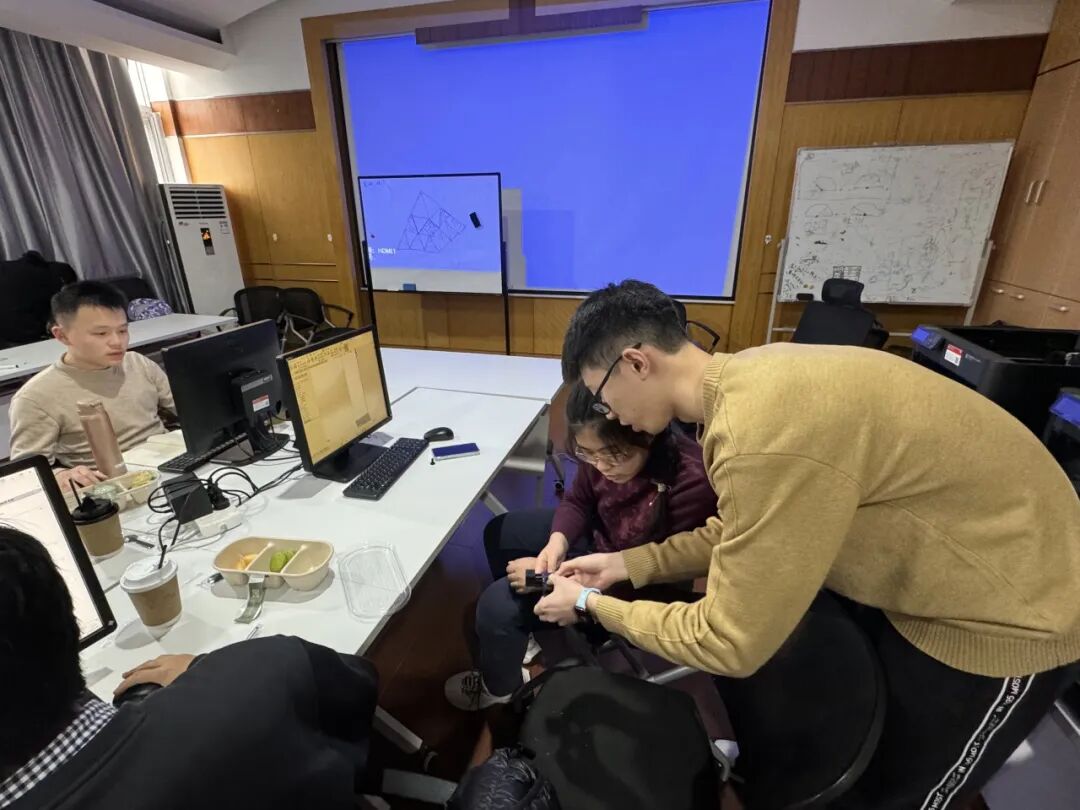
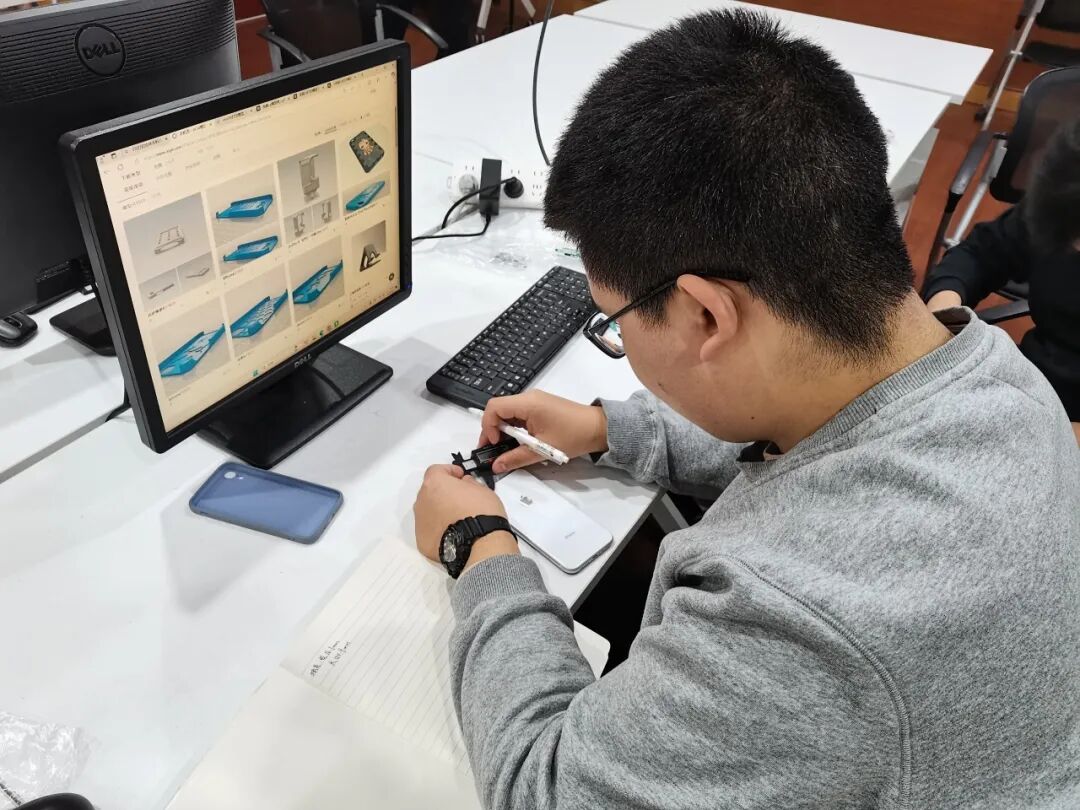
The “Intelligent Medical Electronic Information” practical camp aimed to help students master key skills in electronic circuits, computer systems, software technology, and deep neural networks by building an AI-enabled electrocardiogram prototype system. Teacher Hu Haibo began with analog front-end signal processing, explaining the basics of ECG signal acquisition, amplification, and filtering, then delved into the design and implementation of analog-to-digital conversion and single-board systems. Students would use single-board systems to collect, process, and analyze ECG signals, mastering embedded system development methods. A core part of the training involved combining AI and deep learning, where students learned how to use deep neural networks for automatic diagnosis and anomaly detection of ECG signals, achieving intelligent medical analysis.
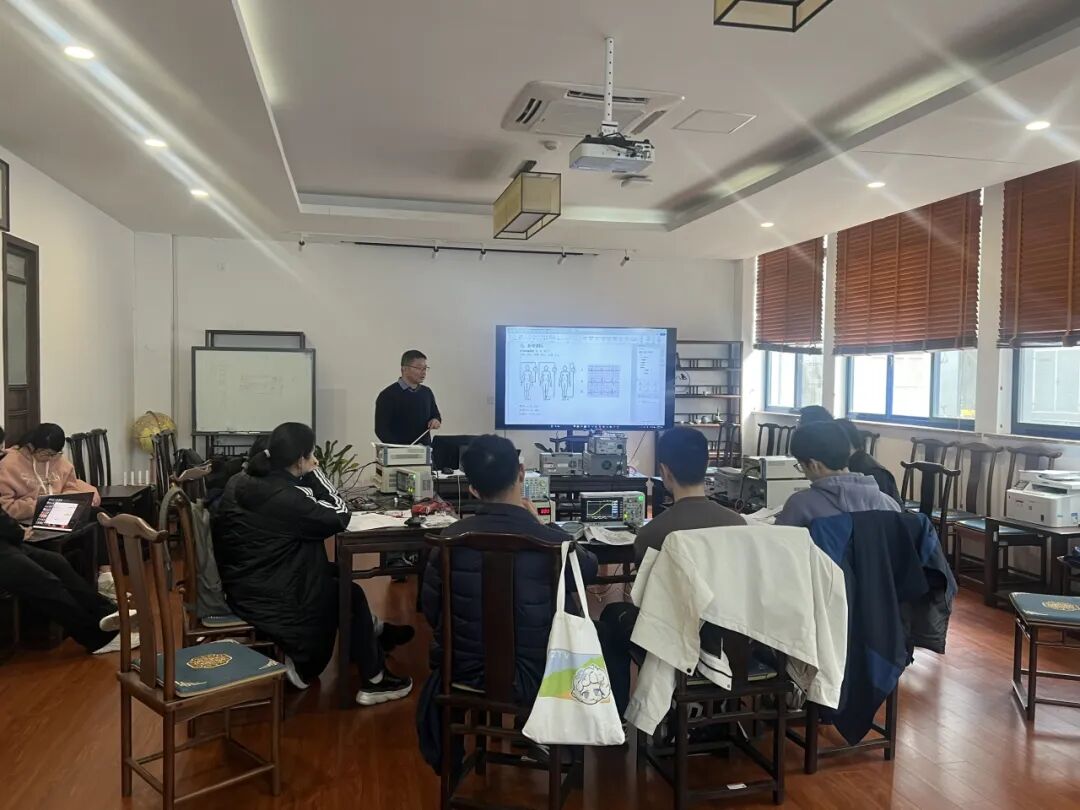
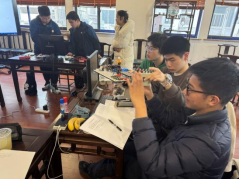
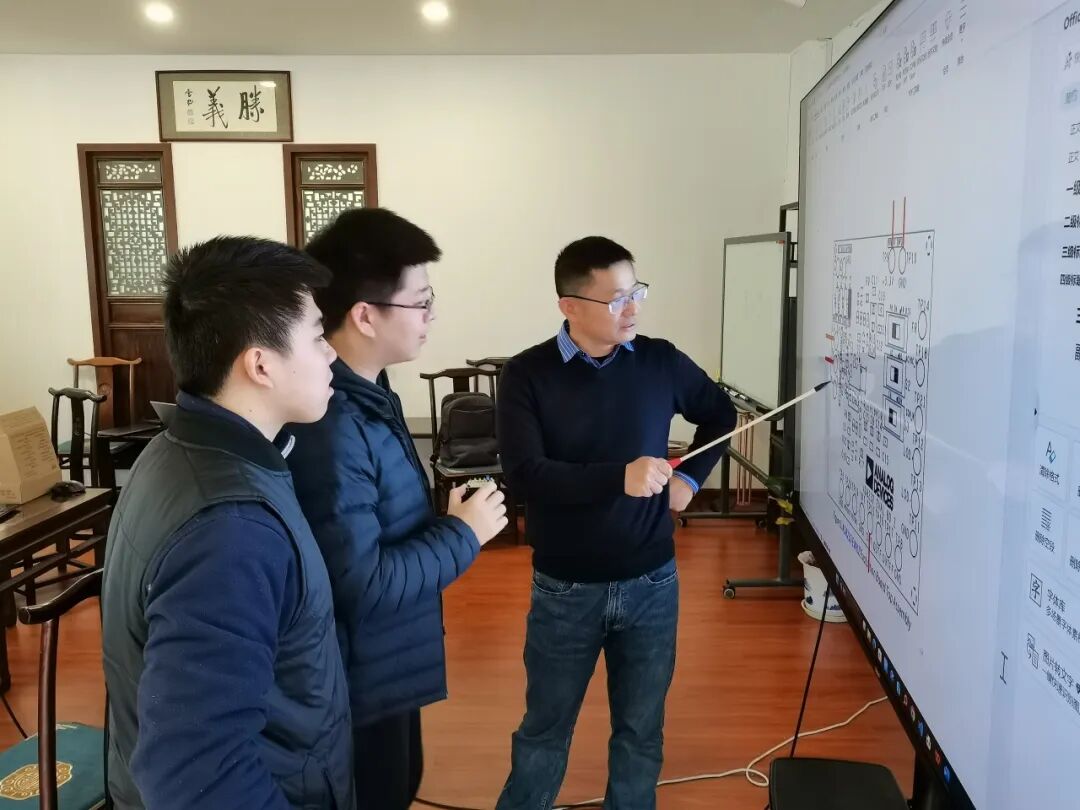
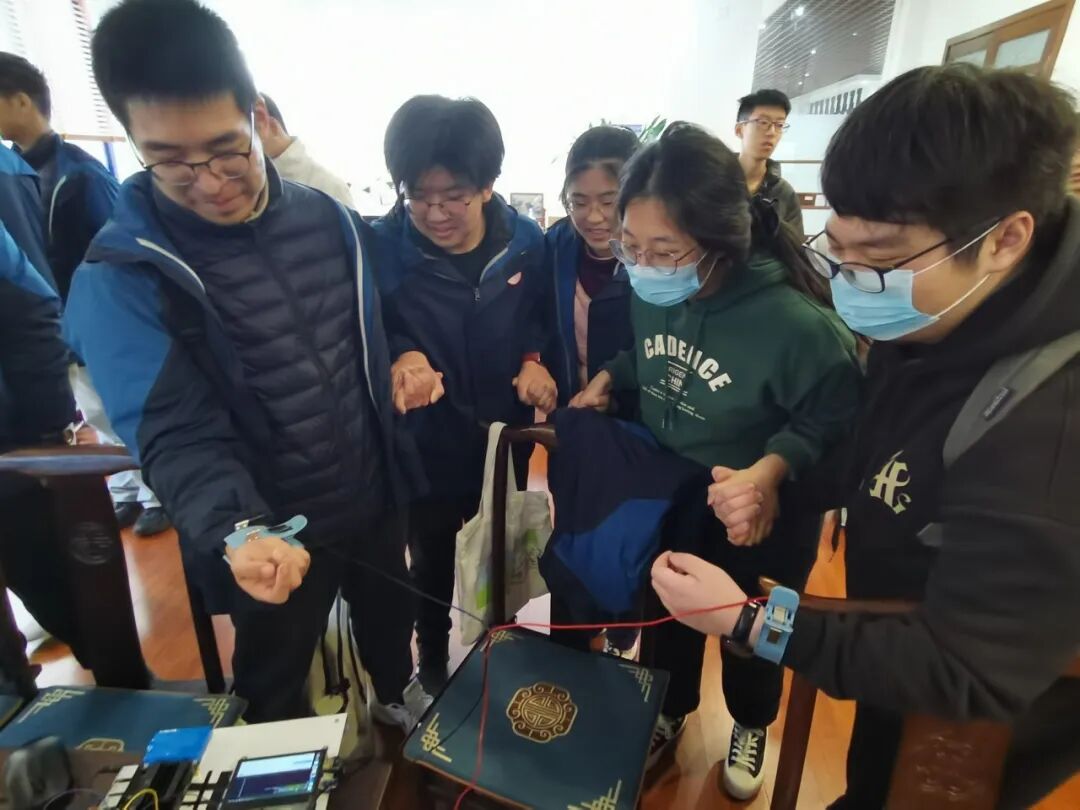
On the afternoon of the 8th, to deepen students’ understanding of the school’s rich heritage, a promotional video of the university was shown, and a quiz activity with prizes was designed for the students. The students actively participated, and through the exciting quiz, they not only tested their knowledge gained from the promotional video but also deepened their understanding of the university through mutual discussion.
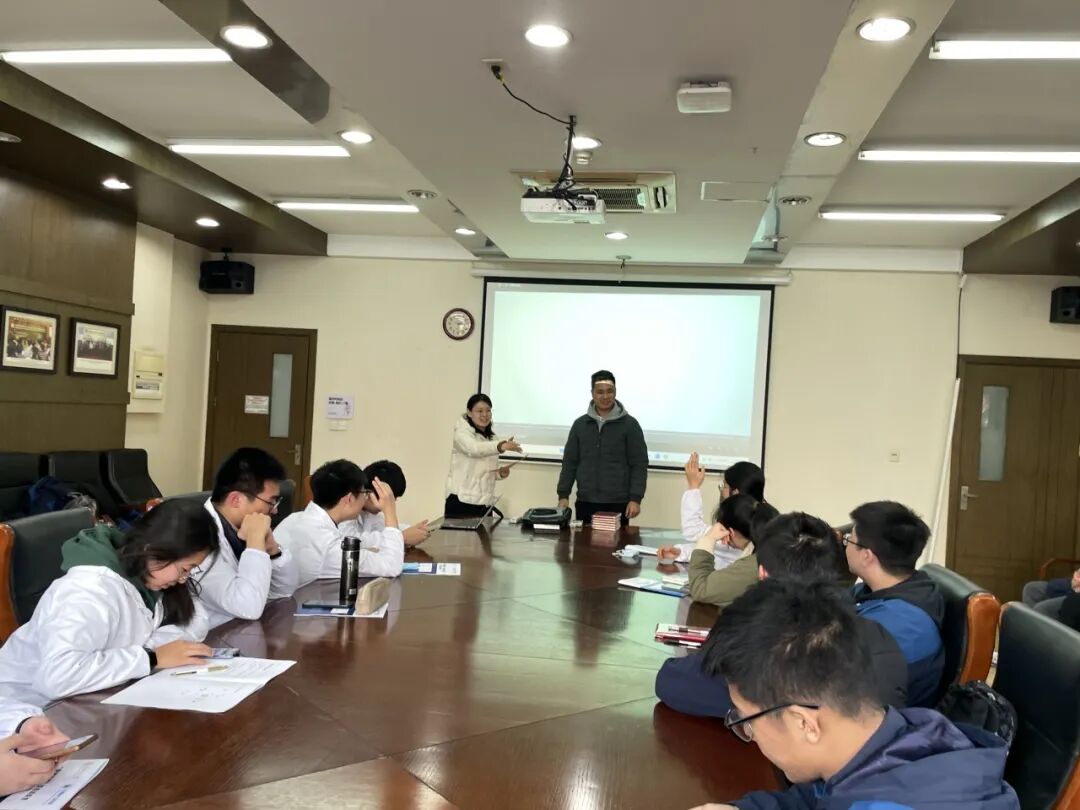
On the morning of the 9th, Associate Professor Qiu Guangyu delivered a lecture on “The Logic of Expression” focusing on public speaking. At the beginning of the lecture, the speaker posed the interesting question, “Why are manhole covers round?” which instantly ignited the students’ curiosity and enlivened the atmosphere. Centered around the course objectives, the speaker elaborated on methods for constructing speech logic, deeply interpreting the pyramid principle, emphasizing that building a pyramid requires bottom-up thinking, while presenting should be top-down. Detailed explanations were also provided on logical order, connection techniques, and the use of visual aids. Notably, to enhance students’ understanding, the speaker cleverly introduced traditional Chinese medicine’s diagnostic methods and compared them with biomedical engineering diagnostic techniques, illustrating the scientific rigor and precision of speech logic. Through this lecture, students gained valuable insights, mastering the logical techniques of public speaking and broadening their thinking horizons, laying a foundation for their future presentations and expressions.
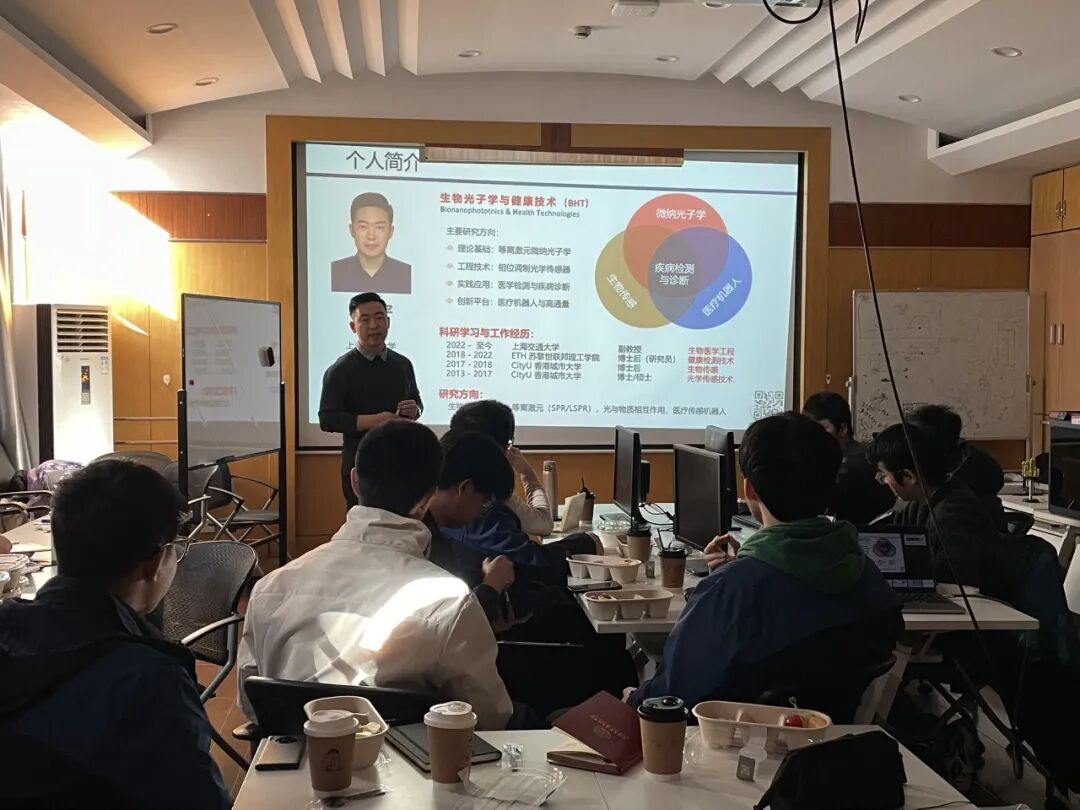
On the afternoon of the 10th, a visit to the Dong Haoyun Maritime Museum systematically presented the development of China’s shipping industry from ancient to modern times, witnessing the evolution of Chinese shipping from non-existence to prosperity, decline, and revival. Students learned about the growth, entrepreneurial hardships, and great achievements of Dong Haoyun, one of the “Seven Great Ship Kings of the World”, experiencing his pioneering spirit, patriotism, and dedication to the shipping industry, drawing inspiration from his story of building a vast shipping empire from scratch.
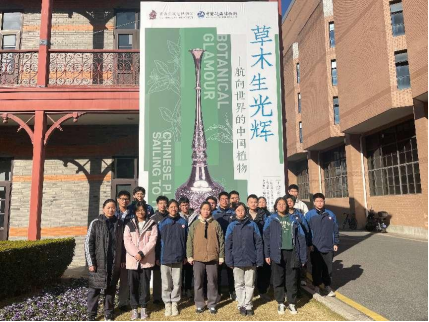
On the afternoon of the 20th, the course report presentation activity of the Innovation Training Camp was successfully held in the first-floor conference room. During this event, eight groups of students presented their respective projects, sharing the technical progress and innovative results they achieved during the course. Each project reflected the students’ solid professional knowledge, innovative thinking, and interdisciplinary collaboration abilities.
After intense presentations and evaluations, three outstanding projects were selected, and each team member was awarded a completion certificate. This report presentation activity provided a platform for students to showcase and exchange ideas, enhancing their practical abilities and stimulating their interest in intelligent medicine and interdisciplinary research.
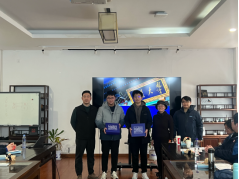
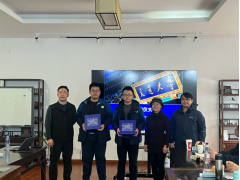
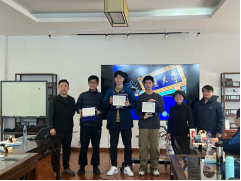
Through four days of systematic learning, the participants further honed their teamwork, project development, and innovative application skills, laying a solid foundation for their future studies and careers.
Submitted by | Public Platform and Laboratory Office
Authors | Tian Jiachang, Liu Bei, Wang Yanzeng
Reviewed by | Hu Haibo, Sun Jianqi
